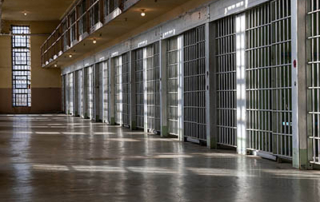Laura K. Gasiorowski Teaches Pretrial Motion Litigation at Tulane University Law School’s Winter Intersession “Bootcamp” Program
Laura K. Gasiorowski, partner at the Law Offices of Robert G. Stahl, LLC, is returning to the faculty at Tulane University Law School’s Criminal Litigation Boot Camp, a week-long training program held at the Law School in New Orleans, Louisiana. The program begins on January 6, 2024, and is one of several experiential learning [...]





